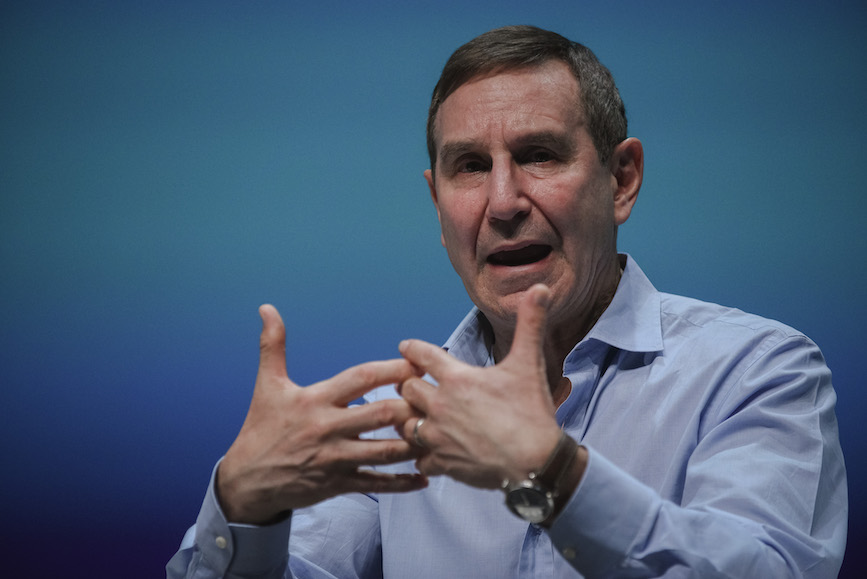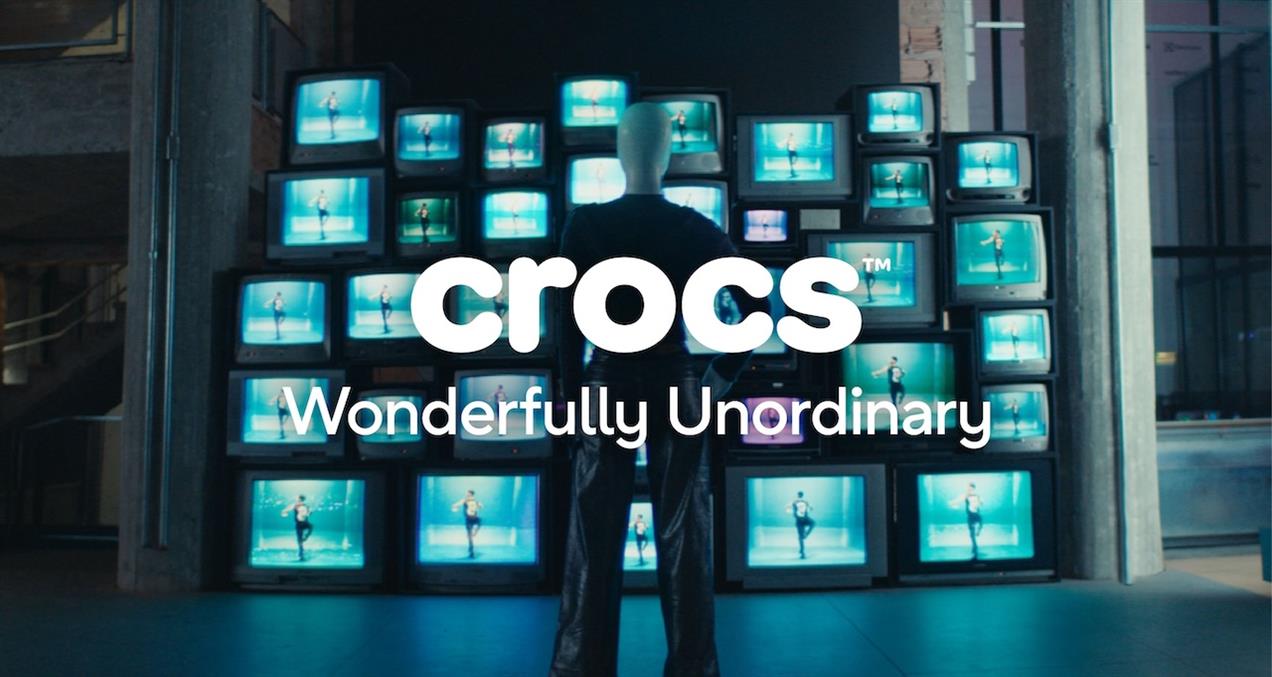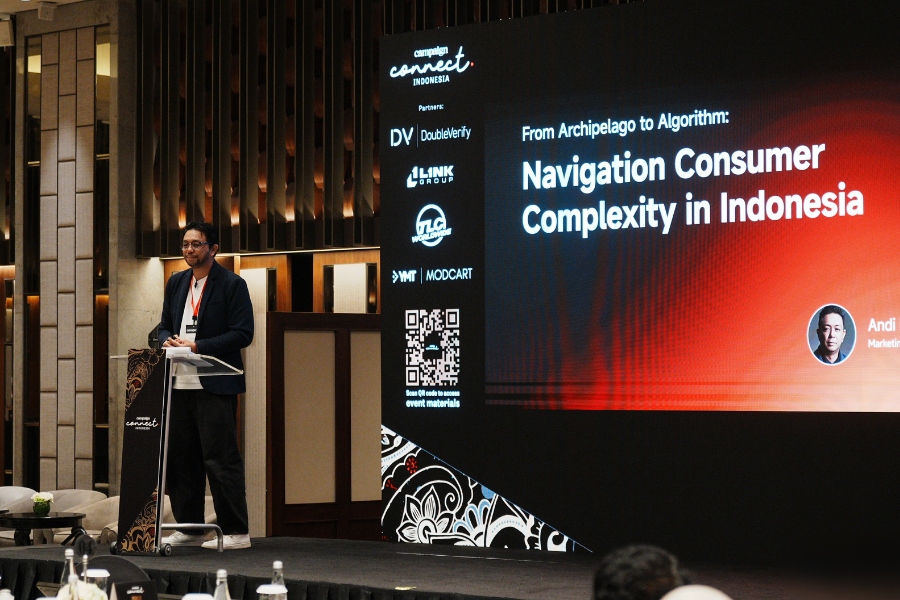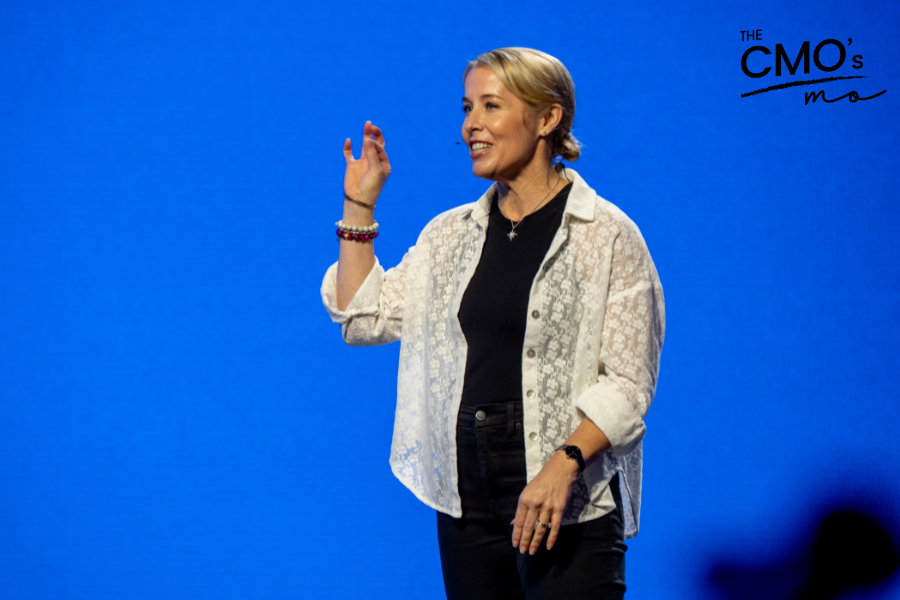The Covid-19 pandemic has prompted a wave of mistrust in all institutions including government, business and the media, according to this year’s Edelman Trust Barometer, which was released on Wednesday (January 13).
Trust declined across all institutions, according to the online survey of more than 33,000 people in 28 markets worldwide between October 19 and November 18, 2020. The index also referenced data from earlier Edelman surveys and in some cases made comparisons among subsets of data from the overall research.
Only 59% of respondents said they trust businesses to do the right thing; 57% felt that way about the government and 56% about NGOs. Only half of those queried said they trust the media to do the right thing.
The numbers were worse when respondents were specifically asked which institutions had performed well or very well during the pandemic. Only 47% said the media had; 46% said business; 43% pointed to government; and 41% said NGOs.
After averaging the numbers, Edelman found that general trust in all of these institutions rose six points in May, but then dropped by five points by January, reflecting weariness with the pandemic and continued restrictions.
Edelman CEO Richard Edelman cited three takeaways.
“The first is that business has become the most trusted institution,” he said. “That is a significant change from May when we did the spring trust update and when we saw the government leading the pack for the first time. Now government has fallen off significantly.”
The data showed that respondents rank business as more competent and ethical than both the media and government. Those polled said they expect business leaders to fill in when the media and government fail in their duties.
However, fewer people said they trust CEOs in this survey than in the last. While 59% of people said they trust business to do the right thing, that number is three points lower than it was in May. In addition, only 46% of people said that business is meeting their overall expectations in how it is responding to Covid-19.
“The reality is it's not a perfect picture,” Edelman said. “But when 86% say they want CEOs to speak up about automation or sustainability or systemic racism, when you see that two thirds say they want CEOs not to wait for government before acting, when you see that statistic on competence for business relative to government and that people say my employer is trusted more than any other institution by 15 points over business, 25 points over government and that my employer CEO is the most credible spokesperson, it’s all adding up to a picture.”
In general, the data shows people distrust the information they’re being given from most sources. All spokespeople lost credibility, from academic experts to financial analysts to entrepreneurs, regular employees and even people like themselves. The percentage of people who said they trust national health authorities and the World Health Organisation to do what’s right dropped by five points.
Fifty-seven percent of people said they think government leaders are purposely trying to mislead them and 56% said business leaders are doing the same. Fifty-nine percent of people replied that journalists and reporters purposely mislead people by reporting things they know are false or are gross exaggerations.
Edelman called this declaration of “information bankruptcy” the second most important takeaway from the survey.
“You saw the result of [this] last week in the Capitol being stormed with false hopes,” he said. “You also see it in vaccine hesitancy.”
The media took a drubbing, with the survey finding trust in news sources at record lows; 53% of people said they trust traditional media as a source this year, compared to 65% in 2019 and 62% in 2012.
Fifty-nine percent of people said most news organisations are more concerned with supporting an ideology or political position than informing the public, while 61% said the media is not doing well at “being objective and non-partisan.”
The survey respondents were also especially distrustful of the U.S. and China. Only 40% of respondents said they trust the US to do the right thing and only 30% felt that way about China.
“The third story here is the real fall from grace of the U.S. and China,” Edelman said. “The Chinese because of being the place where COVID-19 started but also because they kept the story under wraps and people were irritated by that. And then the United States, because we're the worst country in the world in terms of managing the pandemic, and we've lost a lot of ground that way.”











